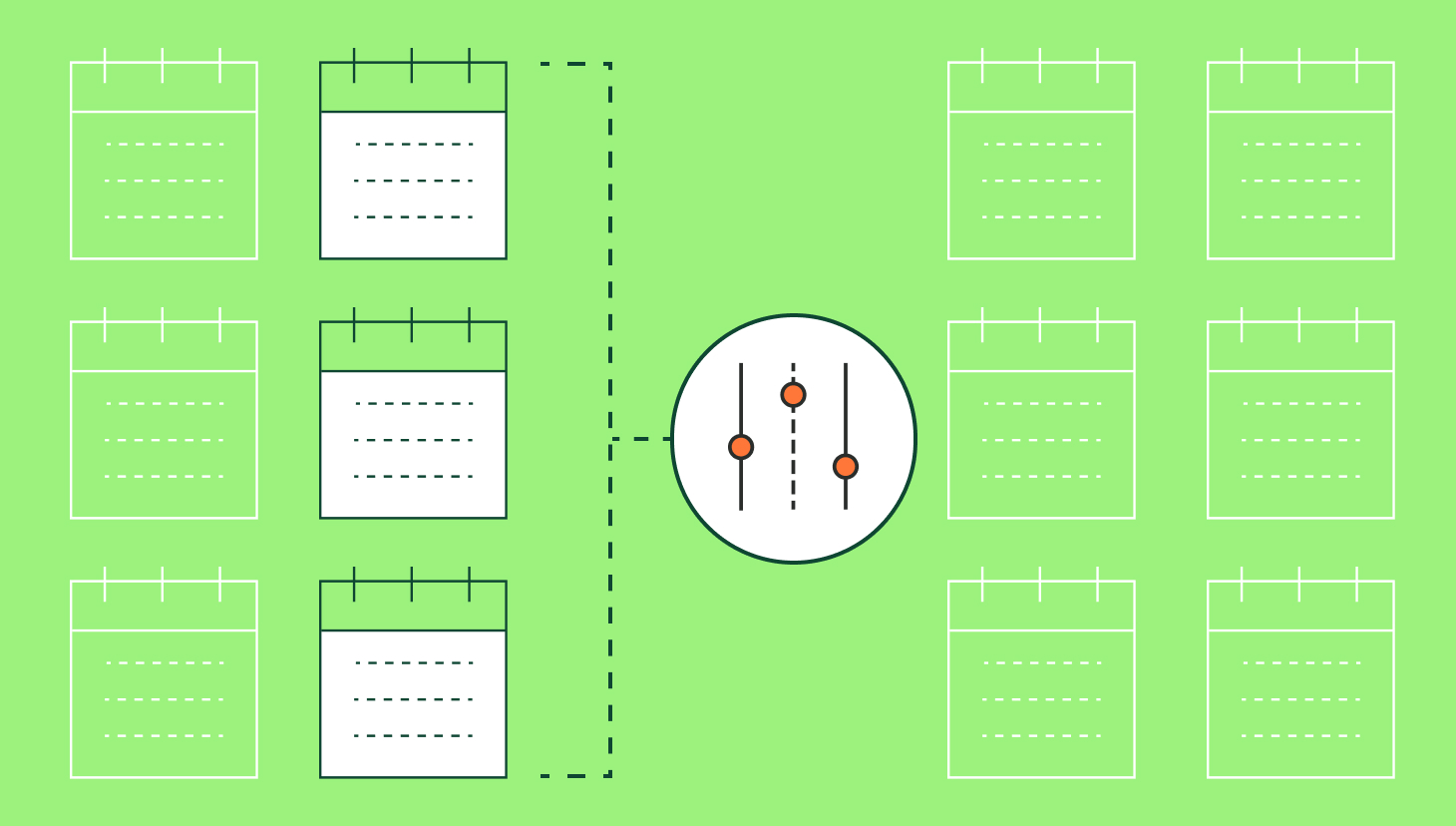Imagine, after weeks of trying to get in touch with the right person, that you’re finally talking to a potential customer that could make a big purchase. You’ve done a ton of research about their company, their industry, and their pain points. You feel totally prepared to knock it out of the park… until they ask you a question about your own product that you don’t know how to answer.
Suddenly, you’re left scrambling through your company’s resources trying to get them an answer quickly and save the conversation, but you’re floundering. Your confidence takes a hit, and what could have been an amazing opportunity to make a sale turns into a frustrating mess. You try to smooth things over and say you’ll get back to them with some answers in the next few days, but you know you haven’t made the best impression.
If imagining yourself in that scenario makes you break into a cold sweat, you’re not alone.
A lot of sales training programs and books focus on the skills involved in selling, such as how to make successful cold calls or nail follow-up emails. These skills are certainly crucial to help you connect with your prospects effectively and get your message across. There’s one big gap that this kind of sales training leaves out, though: what the message actually is.
Once you’ve gotten a decision maker’s attention, what message do you want to share with them about your company? How can you help them? What features make your company’s product a better fit than your competitor’s? If you’re unable to answer these questions for yourself before you start a conversation with a prospect, it may be time to brush up on your product knowledge.
Why product knowledge is so important
Most modern buyers come into any sales conversation having done their research. Your prospects have likely scoped out all the information about your product that’s available on your company’s website. They may have even looked at what other people have to say about your product— both glowing reviews and any major complaints.
That means you’ll need far more than a basic understanding and some general talking points about your company’s product to keep the conversation moving toward a sale. You have to become a well-versed and fluent expert who can create a compelling case for your prospects to make a purchase.
Here are some of the key benefits product knowledge fluency can offer you as a sales rep:
It helps you overcome objections. Knowing your product inside and out will help you to answer any tough questions and assure your prospect that they’re in good hands.
It builds your confidence and enthusiasm
When you know you’re prepared for any question or objection that may come your way, you’re far more likely to enter a sales conversation with pep in your step. A salesperson’s excitement can help create a more positive response from prospects.
It helps you adapt your pitch
Fluent product knowledge can help you understand how your product can be useful to a wide variety of prospects so that you can highlight the specific features that may be more useful in each unique situation.
It makes you a reputable expert
In any sales conversation, you represent your company. When you’re knowledgeable, helpful, and confident, it makes your company’s product look more trustworthy as a result. This can make all the difference for prospects who are on the fence about the sale.
How to get the product knowledge you need
At the beginning of your time in any sales organization, odds are good you were given some basic product knowledge to help you navigate sales conversations. But the smartest sales reps don’t let the training end there; they keep increasing their product knowledge, looking at all aspects of what they’re selling and learning how to talk about it fluently and confidently.
That means you shouldn’t just know your value proposition and how your product works; you should feel very comfortable talking about:
- What concerns are most pressing to your prospects
- How your company’s product solves these problems
- Any relevant changes or regulations in your industry
- What your competitors offer, and how your product is different (and ideally, better)
- Any negative reviews or common complaints and how your company has responded
Other than regularly looking over your company’s internal resources, what can you do to increase your product knowledge fluency? Here are some ideas to try:
Read customer reviews
If your prospects are reading what your existing customers have to say, you should do the same. Don’t just look at the reviews for your own company, either; take a look at what customers have to say about all of your competitors. This will allow you to see what features are most popular, and which ones cause the most frustration. It’ll also allow you to learn some of the jargon that your prospects use, so you can speak their language a little more easily.
Test drive the product yourself
Whether you’re selling a physical good or a software tool, a little hands-on experience with your product can help you put yourself in your customers’ shoes and will help you know how to talk about your product more knowledgeably.
Check in with your team
Grab lunch with some of your colleagues and/or sales manager, or take a few minutes at team meetings to ask any common questions you’re hearing from prospects. Your colleagues are likely hearing the same objections and feedback, and they may have some particularly good answers you can use in your own sales conversations. They may also be able to direct you to any resources they refer to regularly.
Take control of the conversation
Being able to speak fluently about your product means you’re far less likely to find yourself in a deer-in-headlights position in a sales conversation. Instead, you’ll be able to make a thoughtful and well-researched pitch that resonates with potential customers and makes them feel confident about their decision to purchase from your company.
Looking for another way to step up your game? With QuotaPath’s sales performance management app, you’ll get a clearer picture of your progress toward your goals so you can keep your eyes on the prize. Get started here.



